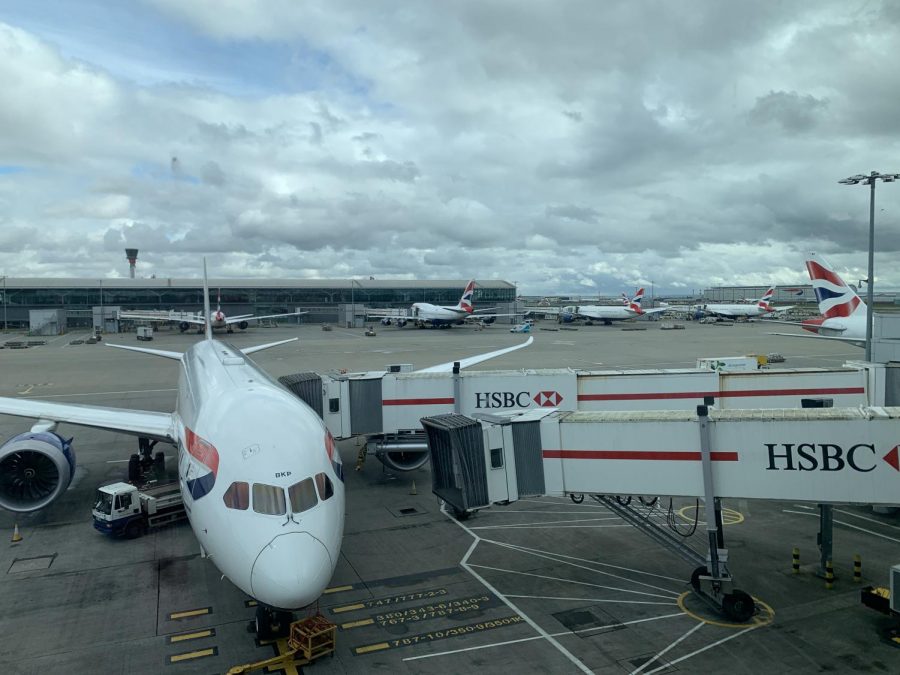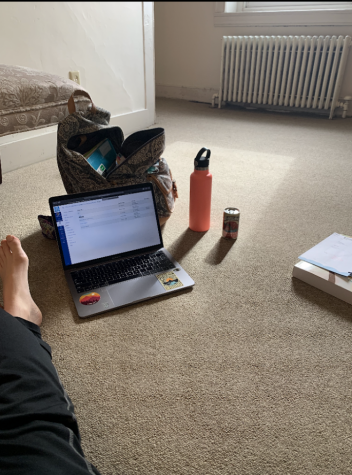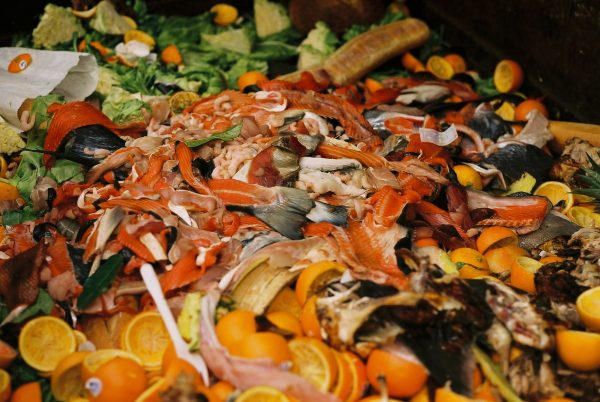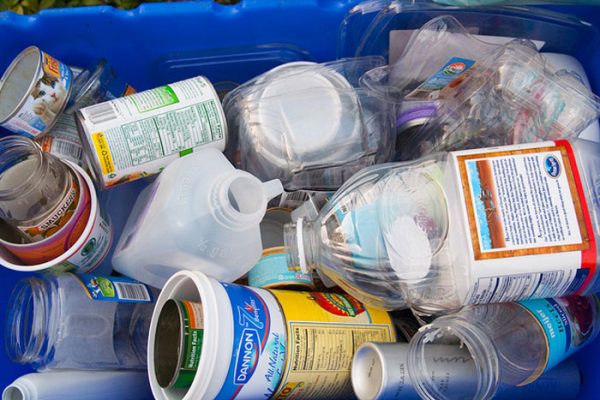COVID-19: An Opportunity for Gratitude
COVID-19 has spread rapidly through the world, also spreading fear, confusion, and even anger as governments and institutions take precautionary measures.
For most healthy adults, the risk of getting very ill or dying from the novel coronavirus is low. However, the underlying malignance of this virus lies in its novelty, its transmission, and its selective risk.
As of today, doctors do not have a vaccine or medicinal cure for the coronavirus. Virologists are just learning the COVID-19’s incubation period and its transmission. This new strain of the coronavirus has a statistically higher mortality rate than the average flu for the elderly and for people with preexisting health conditions such as asthma or immunodeficiencies.
That being said, there are many differing attitudes about coronavirus and the havoc it is wreaking on the status quo.
Colleges are shutting down, moving to online classes. Sports are canceling entire seasons. Study abroad programs are sending students home. Workplaces are telling employees to work remotely. Governments are issuing states of emergency. Travel bans are being put into place.
Most college students I have spoken to are disgruntled. And that is understandable, considering their low risk and the urgency of modern education. I feel the same way on many levels.
As a college student, I feel the blow of not being able to interact with my peers, professors, and friends on campus. As a college athlete, I feel terrible for the seniors losing the last season they might play and sad that my team cannot practice or compete. As a student being sent home from study abroad (I am writing this article from a layover airport on my way back to the States), I feel the loss of saying goodbye to my study abroad friends and losing the experience of living in another country.
Simply put, it sucks.
But I am trying to look at the coronavirus craze from a standpoint of understanding and gratitude.
I am fortunate to have my health, my friends, my family, and to have an education even if it will be online for a while.
I am fortunate that I am not an elderly person at high risk.
I am fortunate that doctors, nurses, and scientists around the world are working tirelessly to contain the virus and find a vaccine.
It is at moments like these that I have to remind myself that I am fortunate and that other people are not as lucky.
Even though I am not at risk, I am increasing the risk for more vulnerable groups by not complying; though I am healthy, logic and ethics both point me to the conclusion that the best thing I can do is follow instructions from WHO, the CDC, and the College and try to make the best of it.
However, there is real damage being done.
Nursing majors may not be able to go to clinicals, preventing them from meeting graduation requirements.
Athletes are losing seasons that were guaranteed. Some students may lose credit for classes that could only meet in person. In my opinion, colleges and NCAA should do everything in their power to mitigate the blow of this lost time and to restore that lost time in any way possible. For example, NCAA could grant an extra semester of eligibility to athletes. Colleges could offer alternative credits, workshops, or otherwise to meet graduation requirements so that students can get their degrees on time.
Yes, the coronavirus craze is unfortunate. But hopefully in the end, we can cooperate and make the best of this unfortunate experience.











